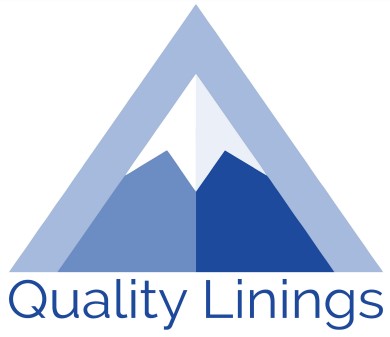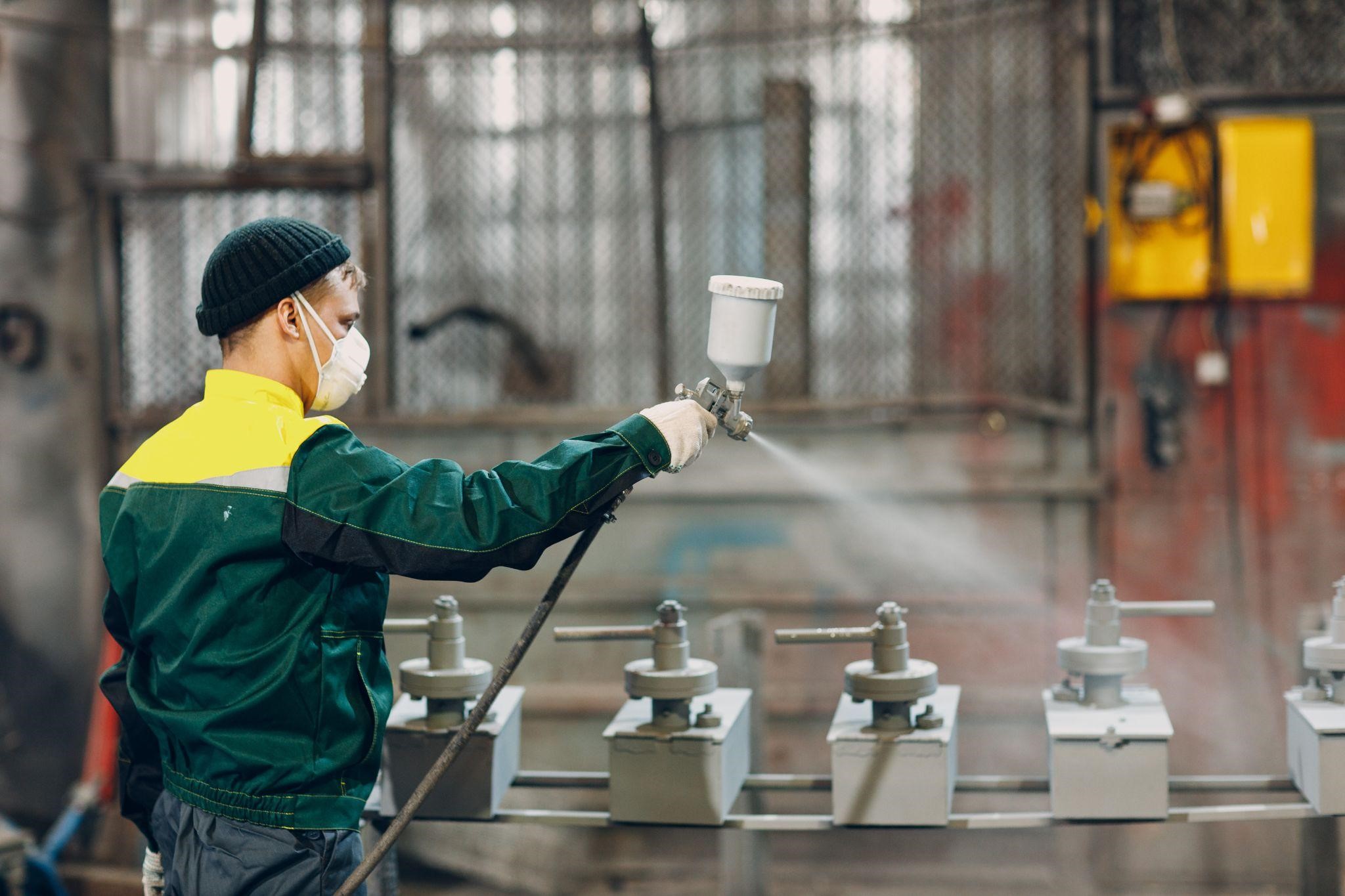Environmental Considerations Associated with Industrial Coatings
As industries continue to develop and expand, it's essential to ensure that this growth doesn't come at the expense of the environment. That's where nature-friendly industrial coatings come in. These coatings prioritize sustainability, without compromising on functionality or quality.
With the increasing demand for eco-friendly solutions, companies are now waking up to the urgent need for nature-friendly coatings that not only meet regulatory requirements but also help reduce carbon footprints. In response, some manufacturers are now incorporating green practices into their production processes, reducing waste and using fewer toxic chemicals.
Aside from its environmental benefits, nature-friendly industrial coatings offer several advantages. They produce a durable and protective finish, increase product longevity, and reduce maintenance costs, thus providing a long-term return on investment.
We are Quality Linings & Painting and in today’s article we will discuss how nature-friendly industrial coatings are a step towards a greener future and should be a top priority of all industries.
What are Nature-Friendly Industrial Coatings?
Industrial coatings have long been a staple in various industries, providing protection against corrosion, wear and tear, and enhancing aesthetics. However, traditional coatings often contain harmful chemicals and emit volatile organic compounds (VOCs) into the environment during application and curing processes. These VOCs contribute to air pollution, smog formation, and can even pose health risks to both workers and the general population.
Additionally, the disposal of traditional coatings can lead to soil and water contamination, further damaging ecosystems. As industries strive to become more sustainable, it is crucial to address the environmental impact of these coatings and transition towards nature-friendly alternatives.
Advantages of Nature-Friendly Industrial Coatings
Nature-friendly industrial coatings, also known as green coatings or sustainable coatings, are developed with a focus on reducing environmental harm while still maintaining high performance. Not only are they an effective solution for common industrial coating problems, they’re formulated using bio-based materials, renewable resources, and low VOC content, making them safe for both humans and the environment.
The production of nature-friendly coatings involves minimizing waste generation, adopting energy-efficient processes, and utilizing raw materials that have a lower carbon footprint. By reducing the release of harmful substances and embracing sustainable practices, nature-friendly coatings offer a viable solution to mitigate the environmental impact of industrial operations.
Types of Nature-Friendly Industrial Coatings
Nature-friendly industrial coatings offer numerous advantages beyond their environmental benefits. Firstly, they provide a durable and protective finish, enhancing the lifespan of coated products. The increased resistance to corrosion, abrasion, and weathering ensures that assets and infrastructure are better protected, reducing the need for frequent maintenance or replacement.
Furthermore, nature-friendly coatings often exhibit excellent adhesion properties, allowing them to adhere to various substrates. This versatility makes them suitable for a wide range of applications across different industries, including automotive, aerospace, construction, and marine.
Innovative Applications of Green Industrial Coatings
There are three primary types of nature-friendly industrial coatings available, and each has its own properties and applications.
Water-based coatings are a popular choice as they have significantly lower VOC emissions compared to solvent-based coatings. They are also easy to clean up and offer excellent adhesion and durability. These coatings are widely used in industries such as automotive, furniture, and packaging.
Powder coatings are another environmentally friendly option. They are solvent-free and emit negligible VOCs during the application process. Powder coatings provide a thick and durable finish, resistant to chipping, scratching, and fading. They are commonly used in applications such as metal furniture, appliances, and automotive parts.
Bio-based coatings, derived from renewable resources such as plant oils or bio-based polymers, offer a sustainable alternative to traditional coatings. These coatings have low toxicity, low VOC emissions, and are biodegradable. They are increasingly used in industries such as packaging, furniture, and consumer goods.
How to Choose the Right Sustainable Industrial Coating for Your Business
Nature-friendly industrial coatings are not limited to traditional applications but are also being utilized in innovative ways. One such application is in the renewable energy sector. Coatings with anti-soiling properties are used on solar panels to prevent dust and dirt buildup, ensuring maximum energy efficiency.
In the automotive industry, nature-friendly coatings are used to enhance fuel efficiency. Low-friction coatings applied to engine components reduce friction and improve overall performance, resulting in reduced fuel consumption and lower emissions.
Moreover, nature-friendly coatings are being integrated into architecture and construction to improve energy efficiency. Cool roof coatings, for example, reflect sunlight and reduce heat absorption, leading to lower energy consumption for cooling buildings.
Cost-Benefit Analysis of Nature-Friendly Coatings
When selecting a nature-friendly industrial coating for your business, your choice should align with the specific requirements of your industry, product, and desired performance characteristics.
Firstly, evaluate the environmental impact of the coating throughout its lifecycle, from production to disposal. Look for coatings that have been certified by recognized eco-labels or meet environmental standards such as LEED (Leadership in Energy and Environmental Design).
Consider the performance requirements of your application. Assess factors such as durability, chemical resistance, and adhesion to ensure the coating can withstand the specific conditions it will be exposed to.
Finally, evaluate the cost-benefit ratio. While nature-friendly coatings may have a higher initial cost compared to traditional coatings, the long-term savings in maintenance, replacement, and potential energy efficiency gains should be considered.
Future of Nature-Friendly Industrial Coatings
While the implementation of nature-friendly industrial coatings may require an upfront investment, the long-term cost savings and environmental benefits make them a worthwhile choice.
Reduced maintenance and replacement costs contribute to overall savings for businesses. The extended lifespan of coated products minimizes the need for frequent repairs or replacements, resulting in lower operational expenses.
Additionally, nature-friendly coatings can contribute to energy efficiency. For example, cool roof coatings in buildings reduce the need for air conditioning, resulting in lower energy consumption and cost savings.
Not to mention that utilizing nature-friendly coatings can enhance a company's brand image and reputation. With increasing consumer awareness and demand for sustainable practices, businesses that prioritize environmental responsibility and sustainability gain a competitive edge in the market.
Ready to Make the Switch?
The future of nature-friendly industrial coatings appears promising, with the world continuing to prioritize sustainability and environmental protection. The development of innovative coatings with improved performance, lower environmental impact, and wider application possibilities is expected.
Advancements in bio-based materials, nanotechnology, and sustainable manufacturing processes will contribute to the growth of nature-friendly coatings. With ongoing research and development, it is likely that these coatings will become more cost-effective, accessible, and widely adopted across industries. Quality Linings & Painting has the industrial coating solutions that you need.
Call (303) 307-1313 or fill out our contact form to send us a message.
Thank you for reading!





